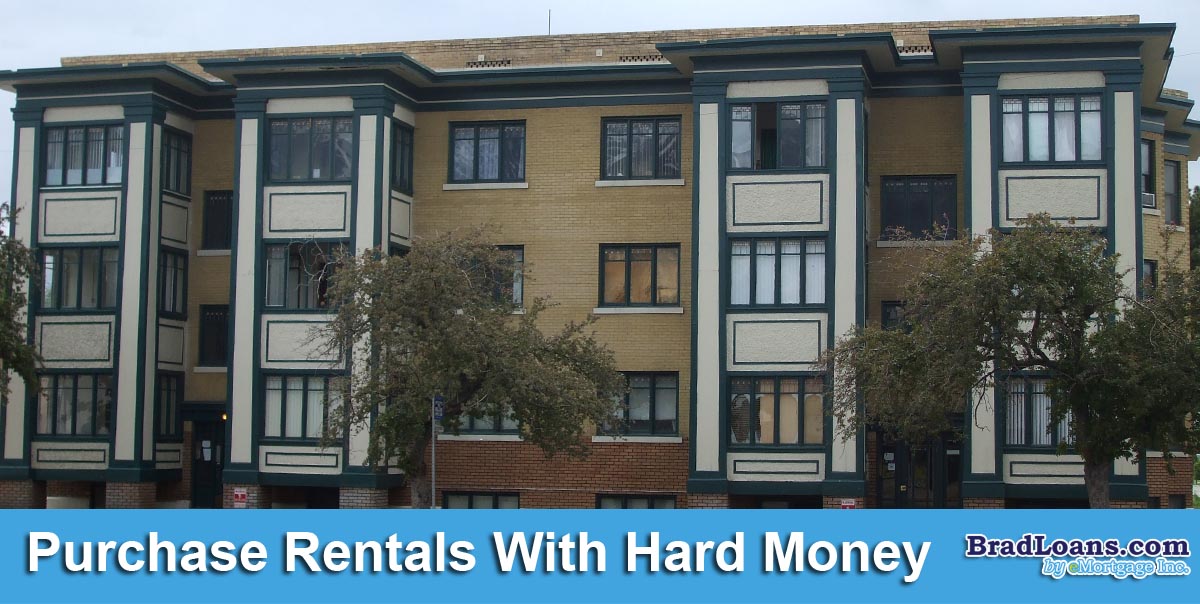Bridge loans are short-term loans used to bridge the gap between the purchase of a new property and the sale of an existing property. These loans are typically repaid once the existing property is sold or through long-term financing. Here’s a basic calculation for a bridge loan:
- Determine the Amount Needed: Calculate the total amount needed to purchase the new property, including the purchase price, closing costs, and any renovation or repair costs.
- Estimate the Sale Proceeds: Estimate the expected proceeds from the sale of your existing property. This can be based on the anticipated sale price minus any outstanding mortgage balance and selling expenses (e.g., real estate agent commissions, closing costs).
- Calculate the Bridge Loan Amount: The bridge loan amount is the difference between the total amount needed to purchase the new property and the estimated sale proceeds from the existing property.
Bridge Loan Amount = Total Amount Needed – Estimated Sale Proceeds
- Determine Interest Rate and Term: Bridge loans typically have higher interest rates than traditional mortgages and shorter terms, often ranging from a few months to a year or more. Contact lenders to obtain quotes for interest rates and loan terms.
- Calculate Interest Payments: Use the interest rate and loan term to calculate the monthly interest payments on the bridge loan. Keep in mind that some bridge loans may require interest-only payments during the term, with the principal due in a lump sum at the end.
Monthly Interest Payment = Bridge Loan Amount × Monthly Interest Rate
- Assess Feasibility: Evaluate whether the monthly interest payments are feasible within your budget, considering your current income, expenses, and cash flow. Be sure to account for any potential delays in selling your existing property or unexpected expenses.
- Consider Risks: Bridge loans can be risky, as they often come with higher interest rates and fees. Be aware of the potential consequences of defaulting on the loan or not being able to sell your existing property within the expected timeframe.
Read on to learn more about calculating the cost of a bridge loan.
Rates will actually vary between lenders, but below is an average estimate for a bridge loan. The interest rate will fluctuate, but for this instance, we will use 8.5%. These types of bridge loans will not have payments for 4 months, but interest will build up and be due whenever the loan has been paid based on the sale of the old property. Below are sample fees:
- Title policy fee: $450 or more
- Recording fee: $65
- Notary fee: $40
- Escrow fee: $450
- Drawing/wire/courier fee: $75
- Appraisal fee: $475
- Administration fee: $850
Additionally, there will be a loan origination fee for the bridge loan that is based on the loan amount. Each point will be equal to 1%. Below are the average fees and they will vary.
- $100,000 – $150,000 = 0.75 point
- $150,000 – $250,000 = 1 point
- $25,000 – $100,000 = 0.50 point
Bridge Loans In Arizona
If you are looking for bridge loans in Arizona, Brad Loans by eMortgage can help. We offer bridge loans, hard money loans and fix and flip loans in Phoenix, Arizona and the sourounding cities.





